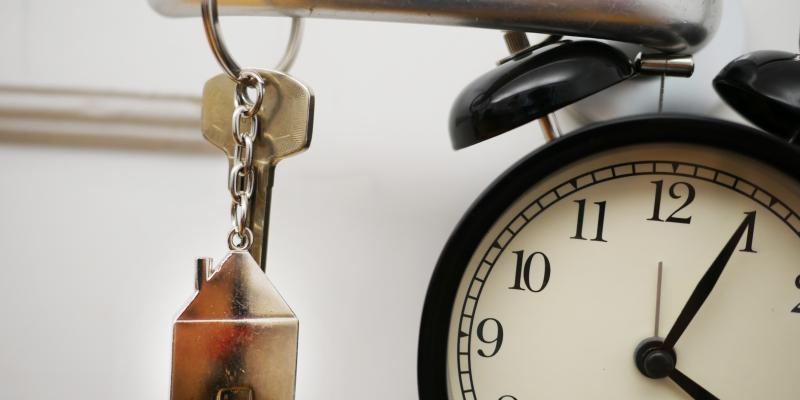
On September 1, the Center for Disease Control & Prevention (CDC) announced an order that temporarily halts residential eviction nationwide from September 4, 2020 to December 31, 2020. The order is intended to prevent the spread of coronavirus by linking public health and exposure risk to housing and applies to eviction for nonpayment of rent. All residential rental properties in the United States and its territories, including privately held and unsubsidized housing, are covered by the order.
What Do Tenants Have To Do?
Tenants facing potential evictions for nonpayment of rent must make below a certain income and meet other factors laid out by the CDC. To qualify for coverage, each adult listed on the lease, rental agreement or housing contract must complete a declaration in writing that they meet the following criteria:
- They must expect an annual income in 2020 of less than $99,000 OR were not required to file a 2019 tax return OR received an Economic Impact Payment pursuant to the CARES Act (“stimulus check”)
- Tenants cannot pay full rent or make a housing payment due to substantial income loss, lay-offs, or extraordinary out-of-pocket medical expenses
- Tenants will have used best efforts to obtain all available government assistance (any governmental rental or housing payment benefits) for rent or housing
- They will continue to make best efforts to submit timely partial payments that are as close to full payment as individual’s circumstances permit
- Eviction would render the individual homeless or force the individual to move into and live in close quarters in a congregate or shared living setting because the individual has no other available housing options.
The tenant must deliver a signed declaration to the landlord. Declaration forms are available in English, Spanish and other languages.
Effects of Declaration
The order does not
- Relieve any obligation to pay rent or comply with other obligations under the lease
- Preclude landlords from charging or collecting of fees, penalties, or interest as a result of the failure to pay rent
- Prevent evictions for reasons other than not paying rent
Individual landlords violating the order may be subject to a fine of up to $100,000, plus a year in jail if the violation results in a death. Entities are subject to a fine of up to $200,000 or $500,000 if the violation results in a death.